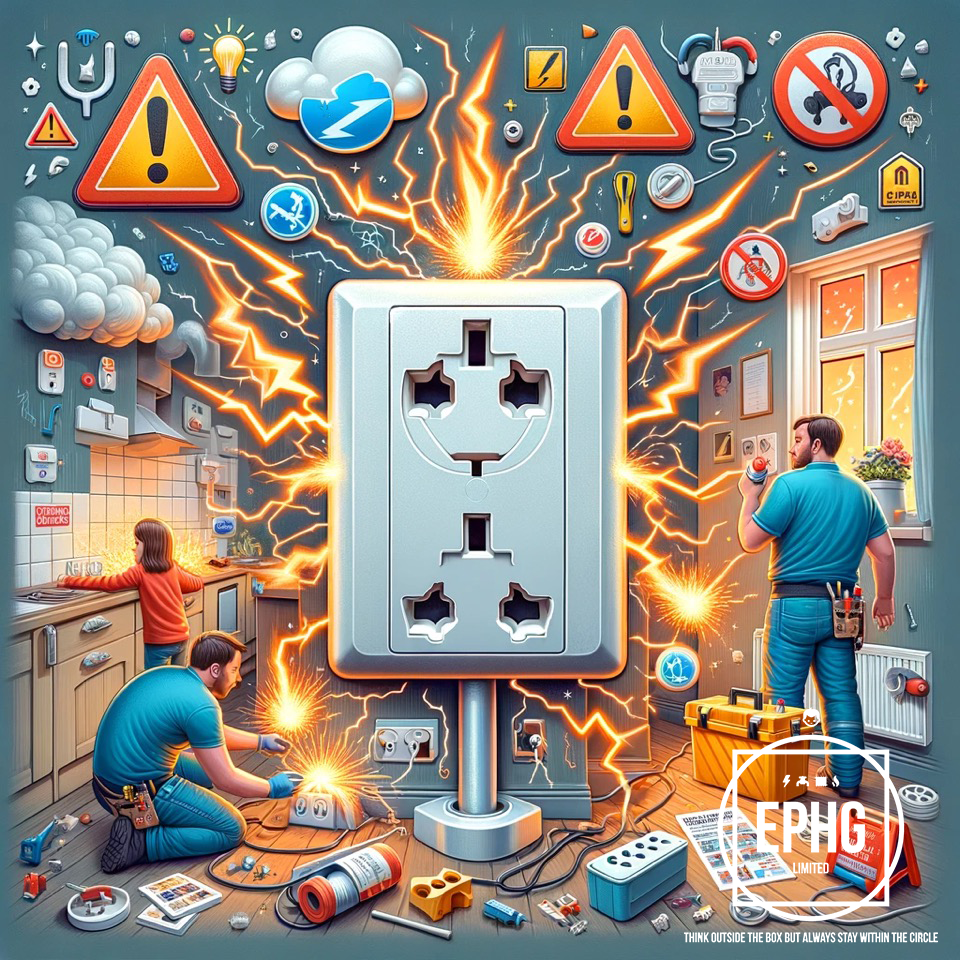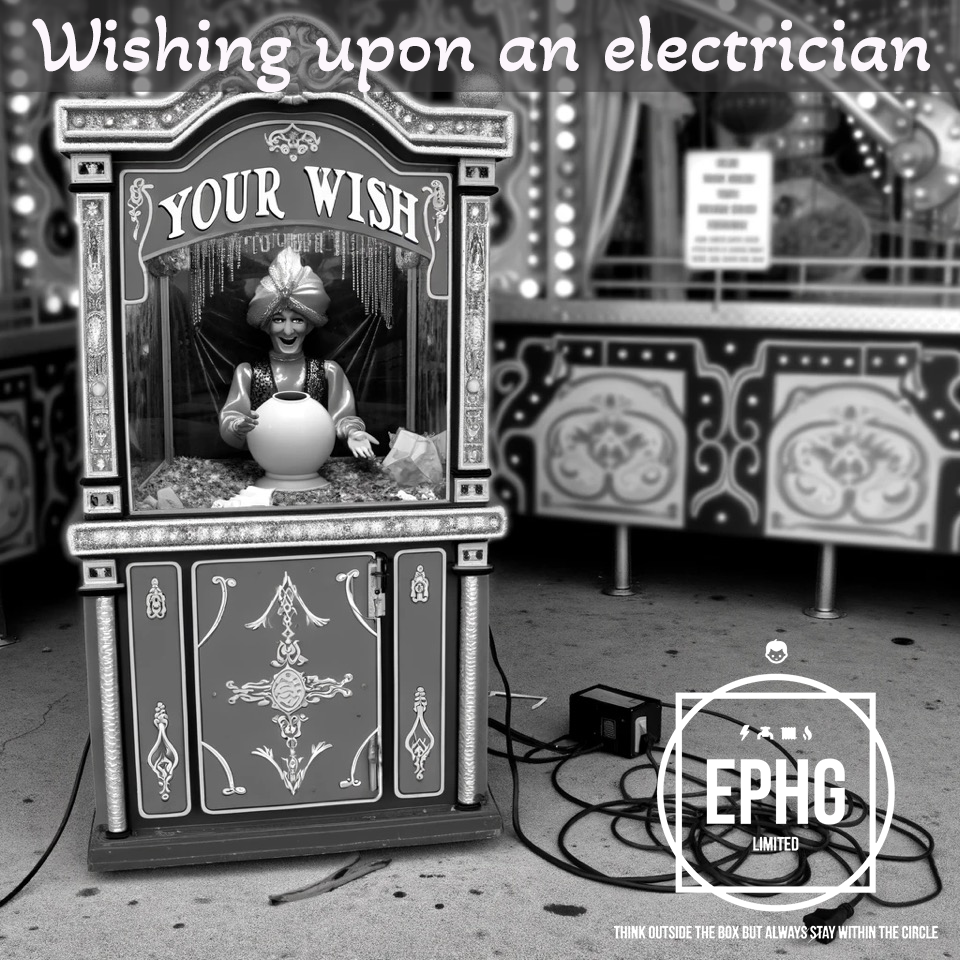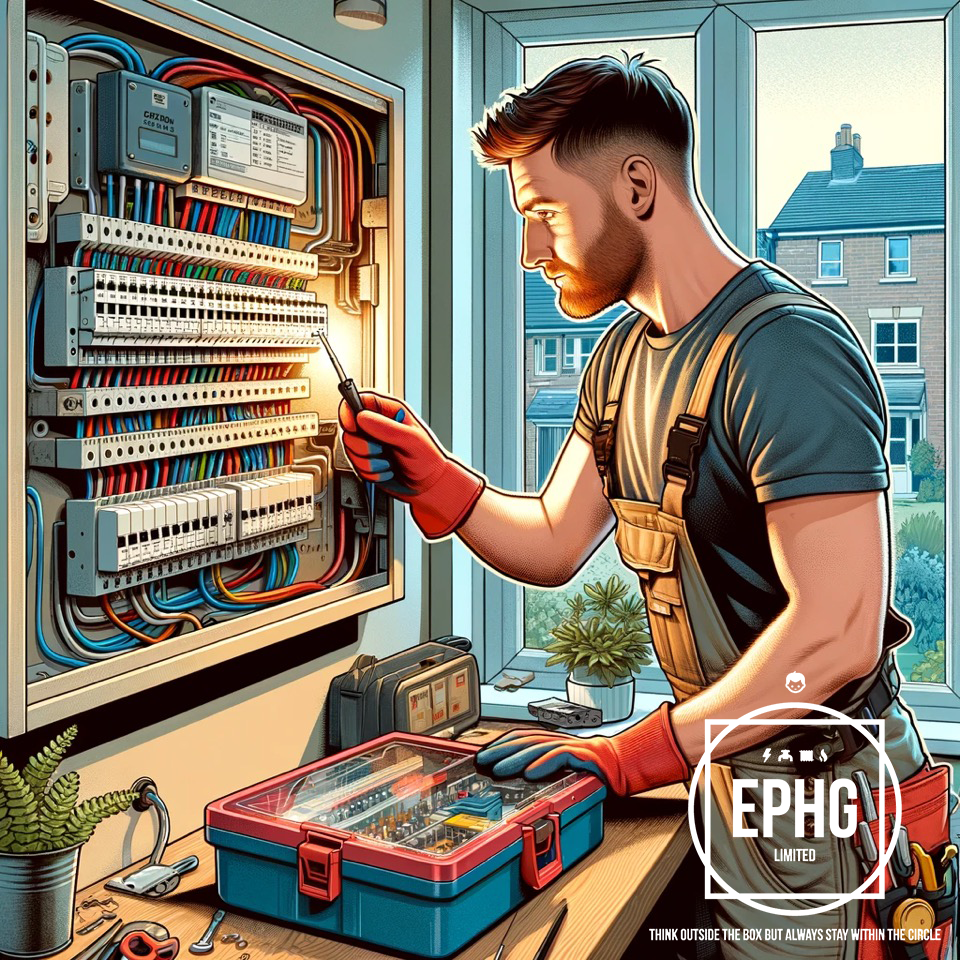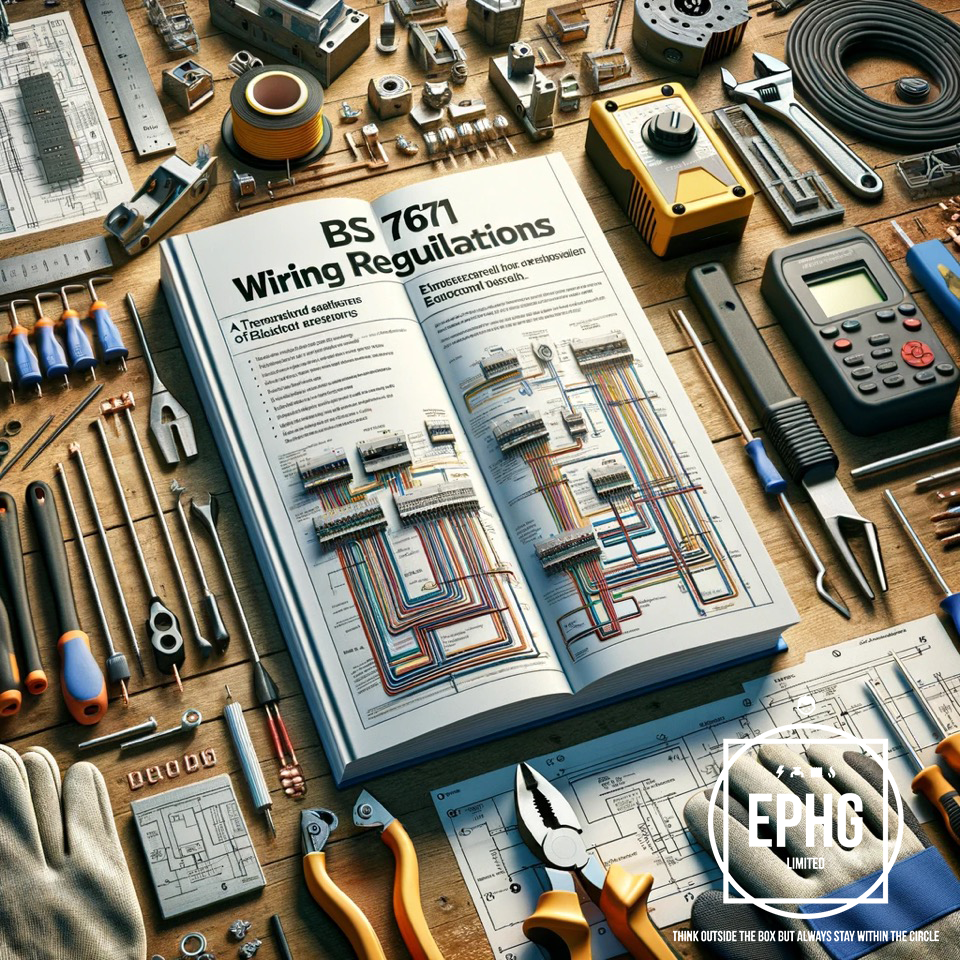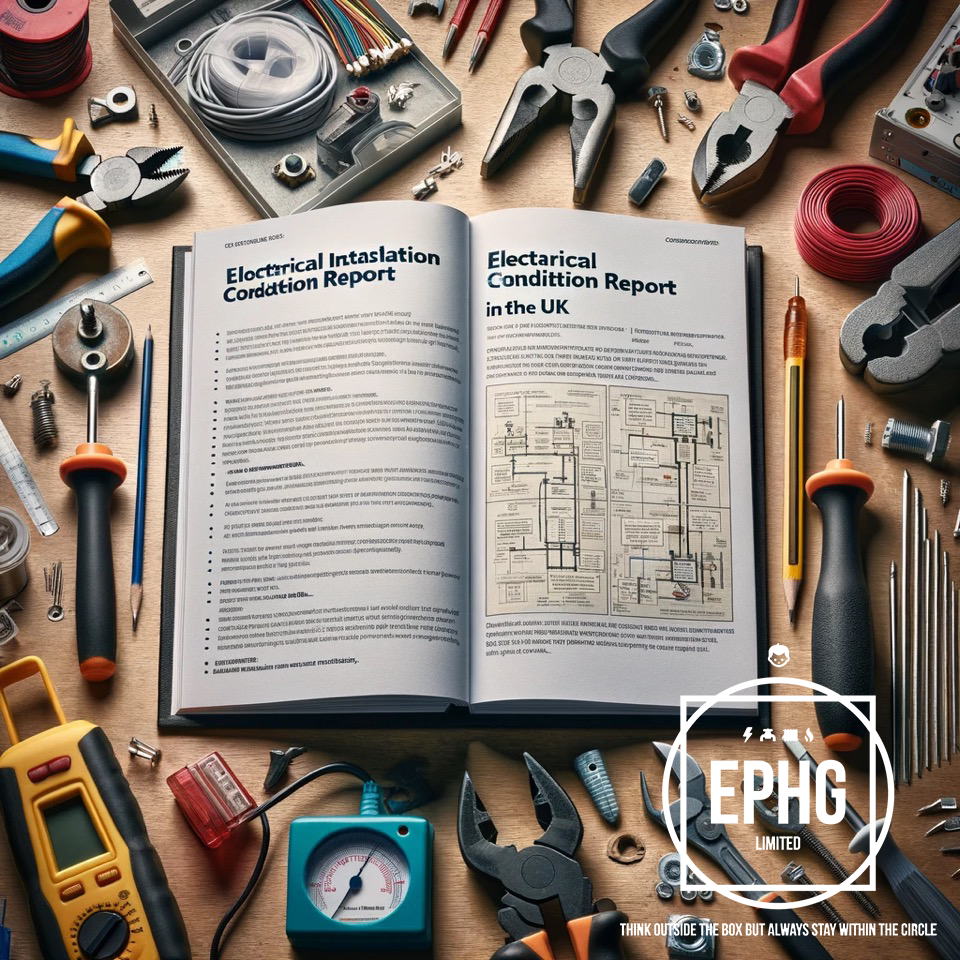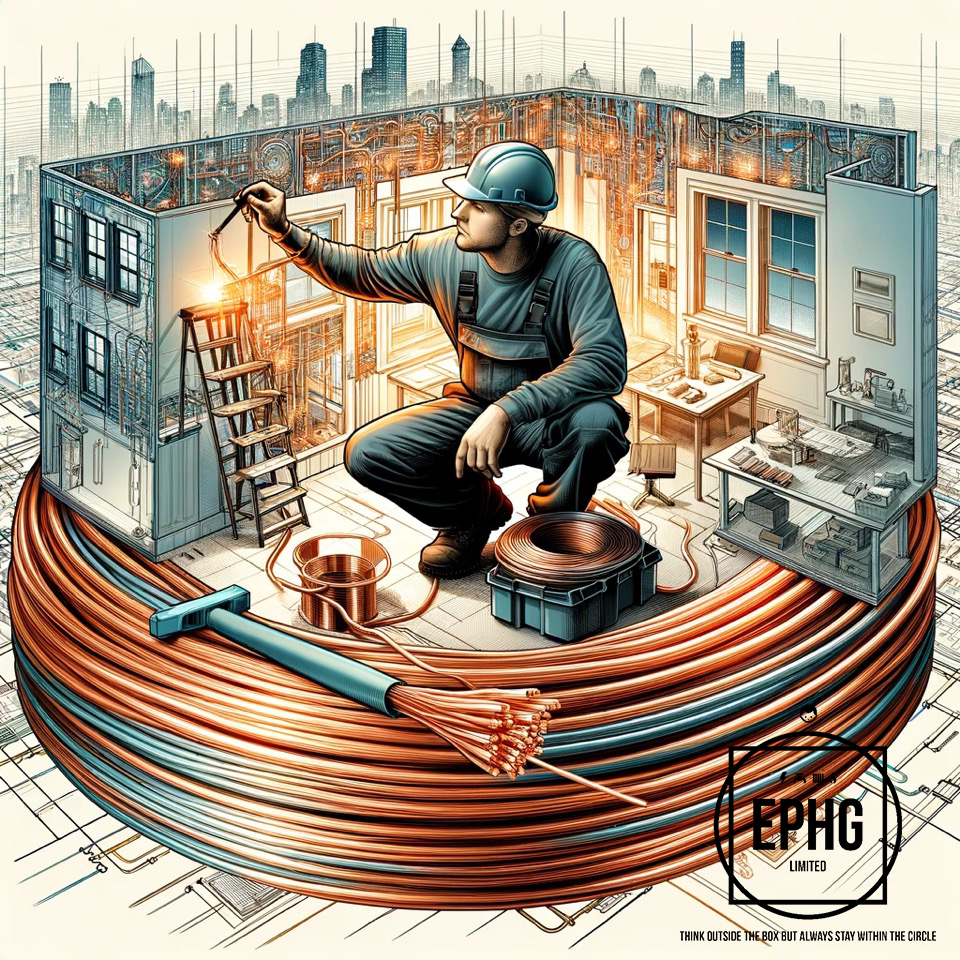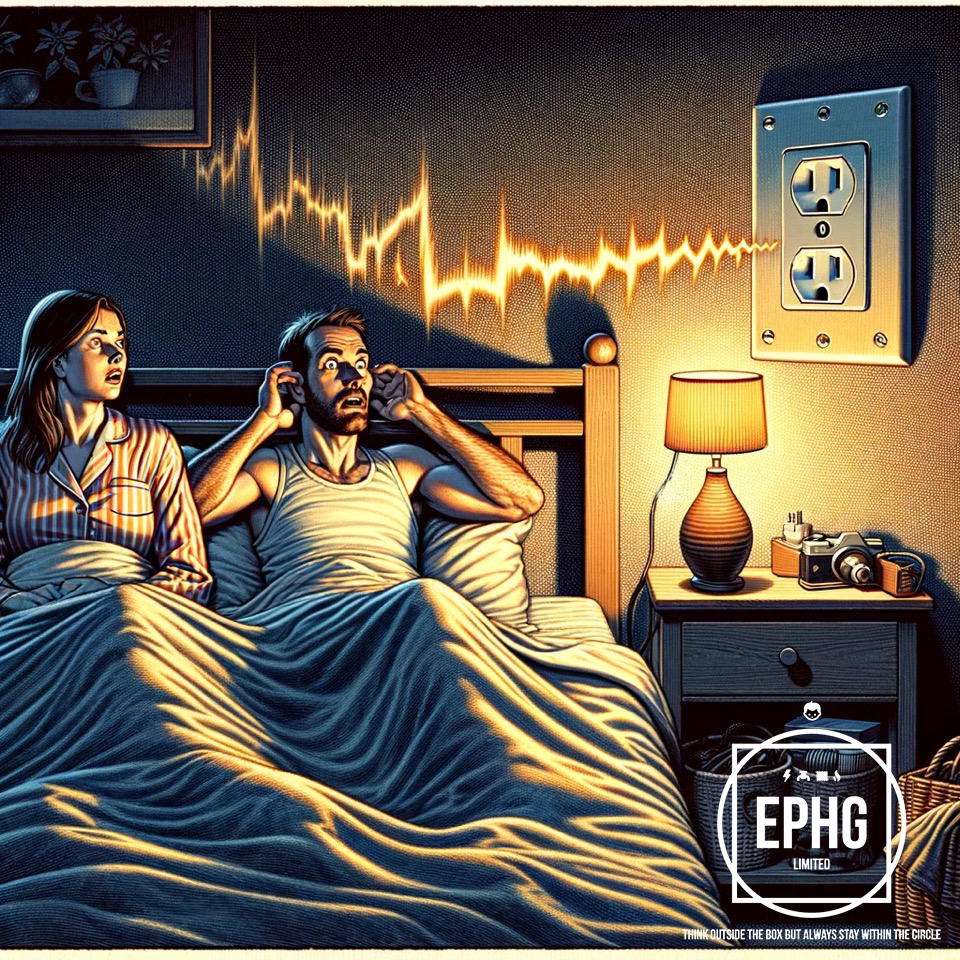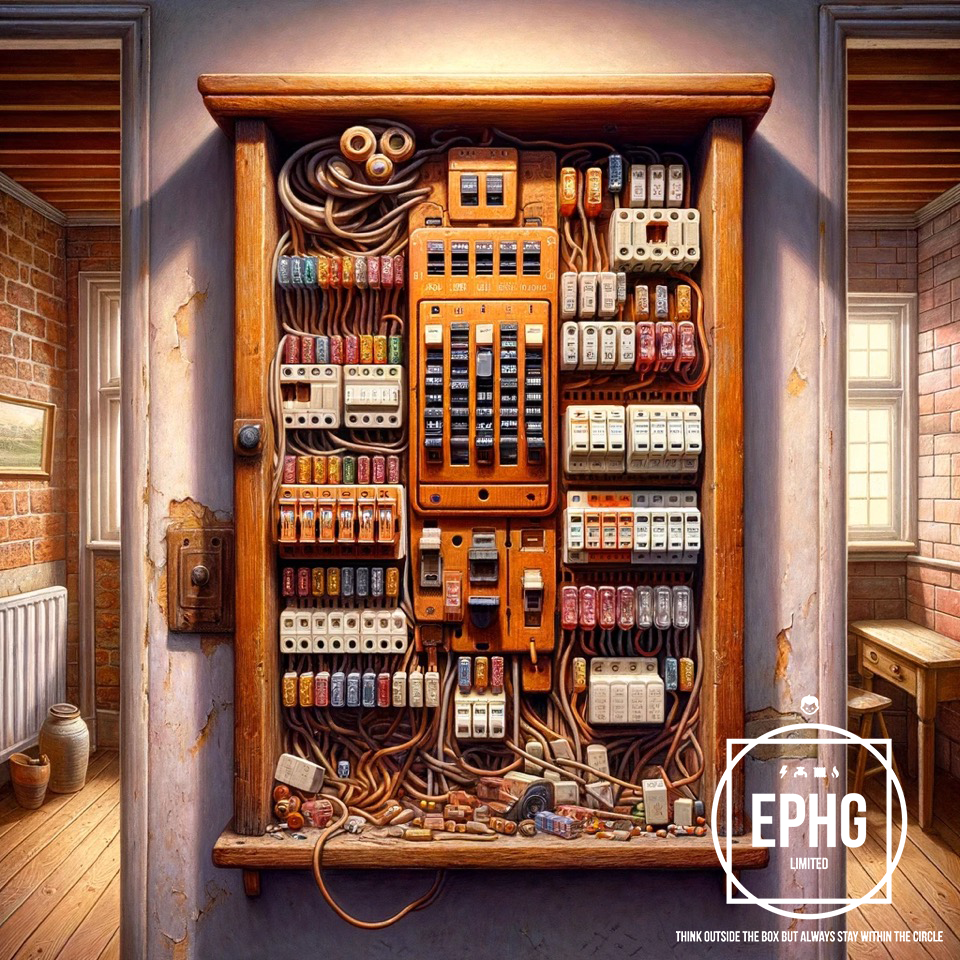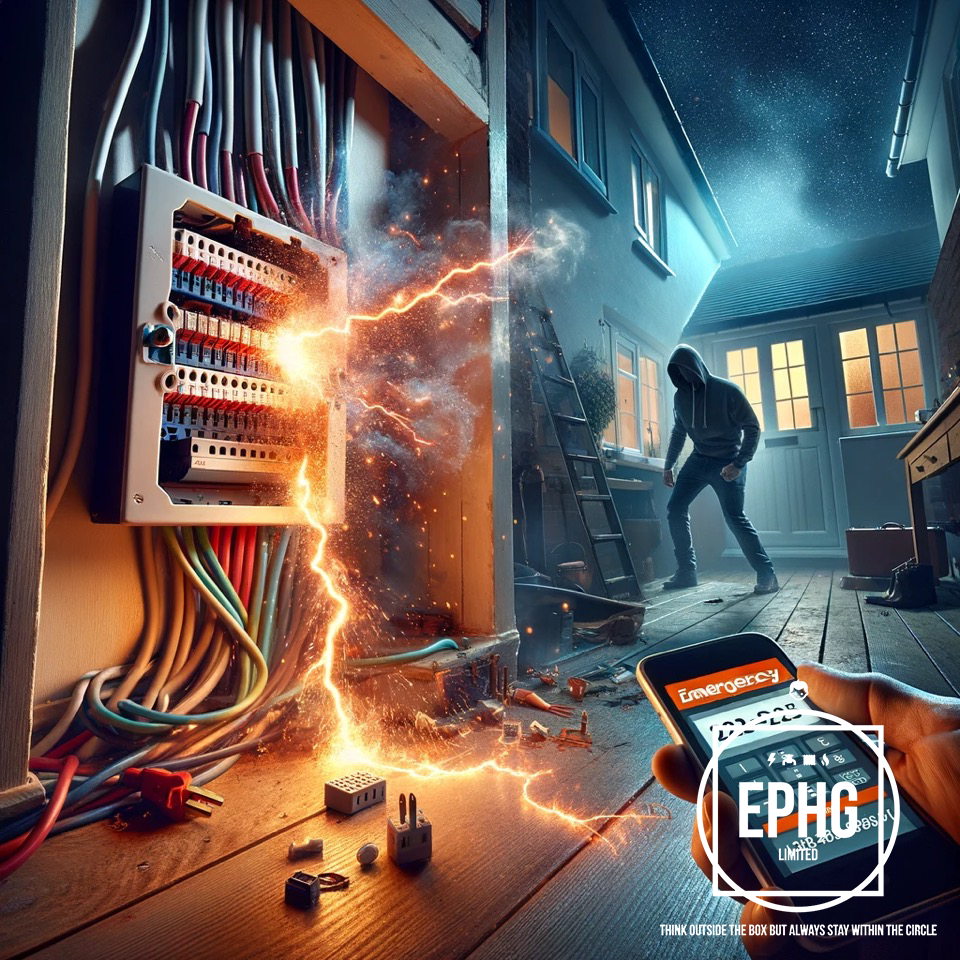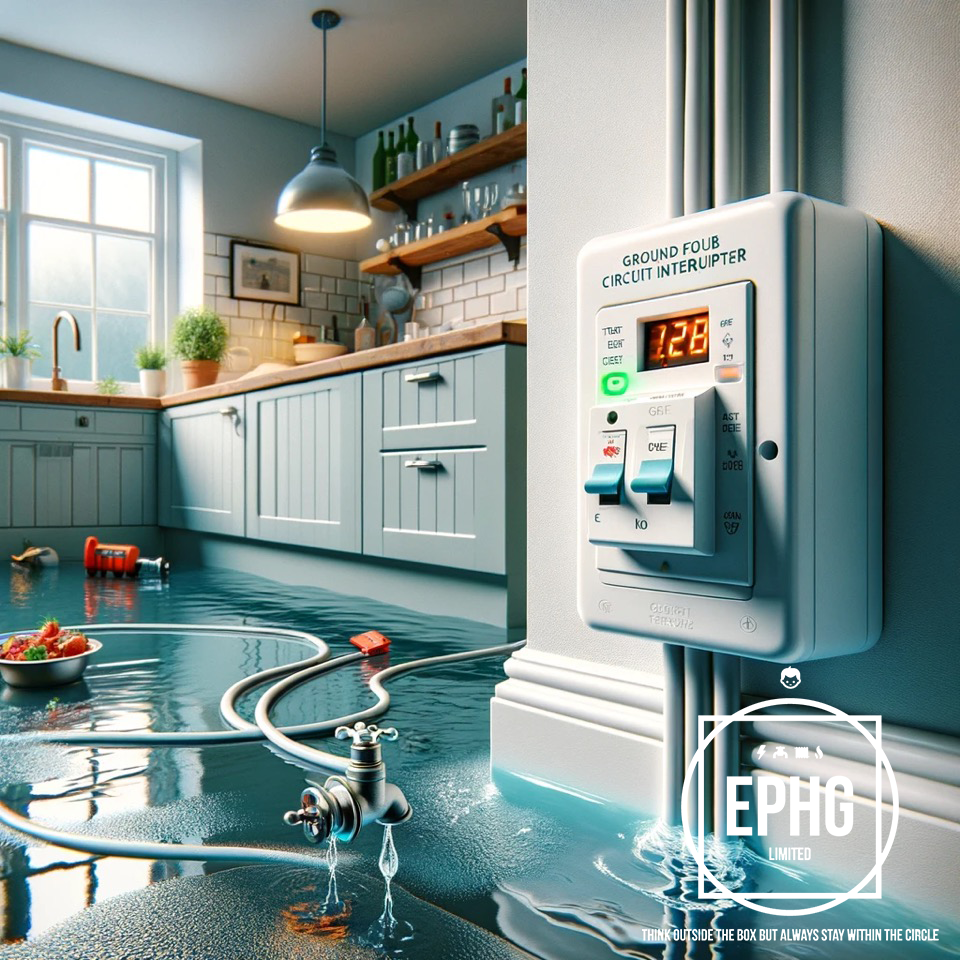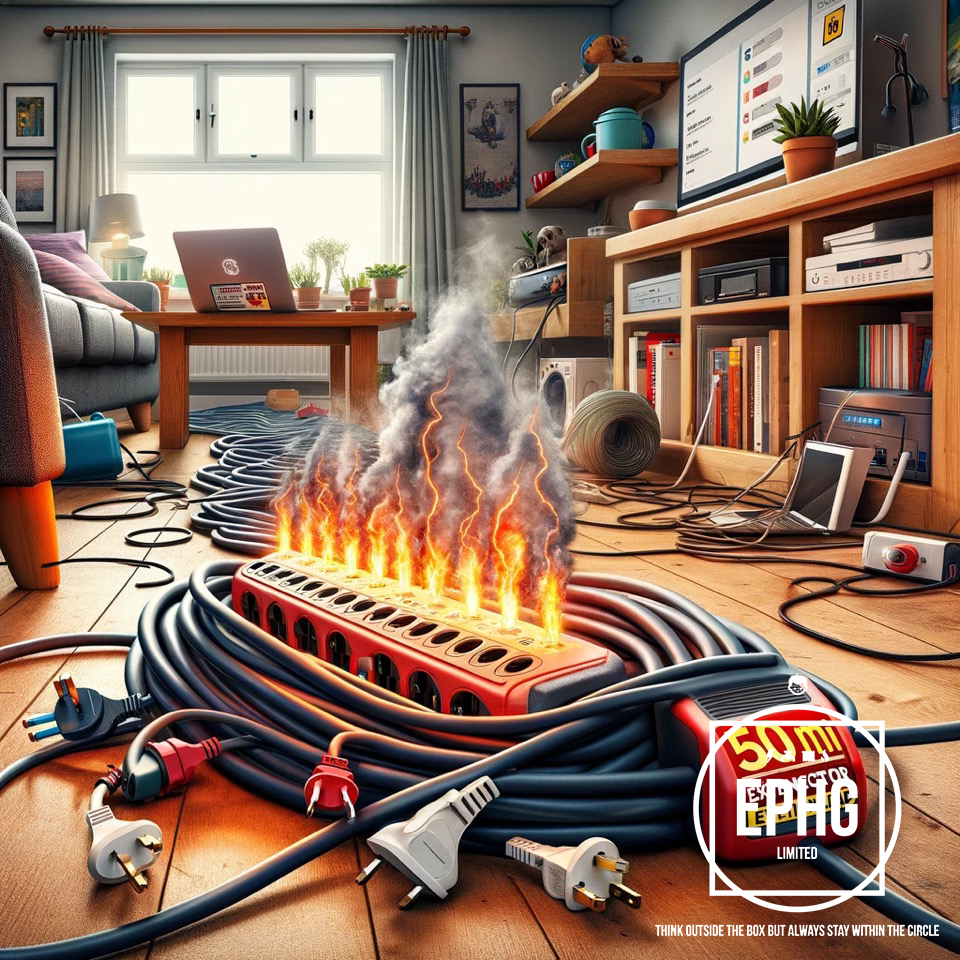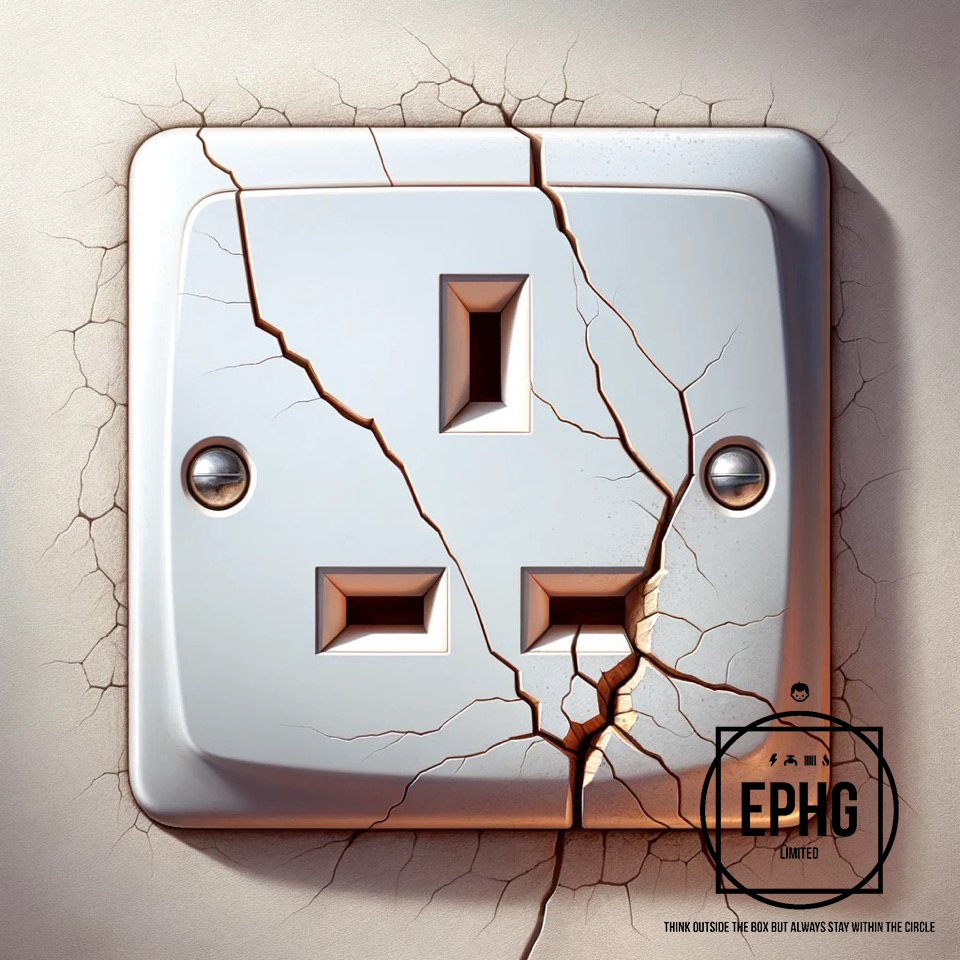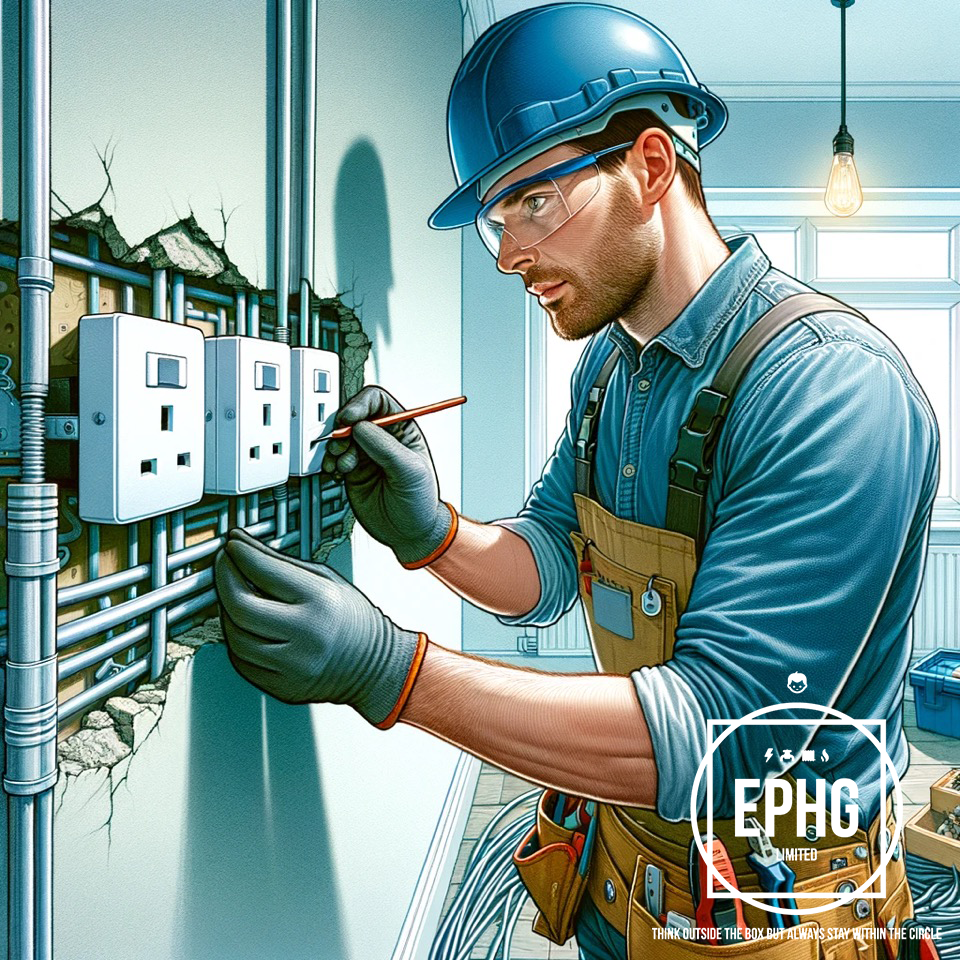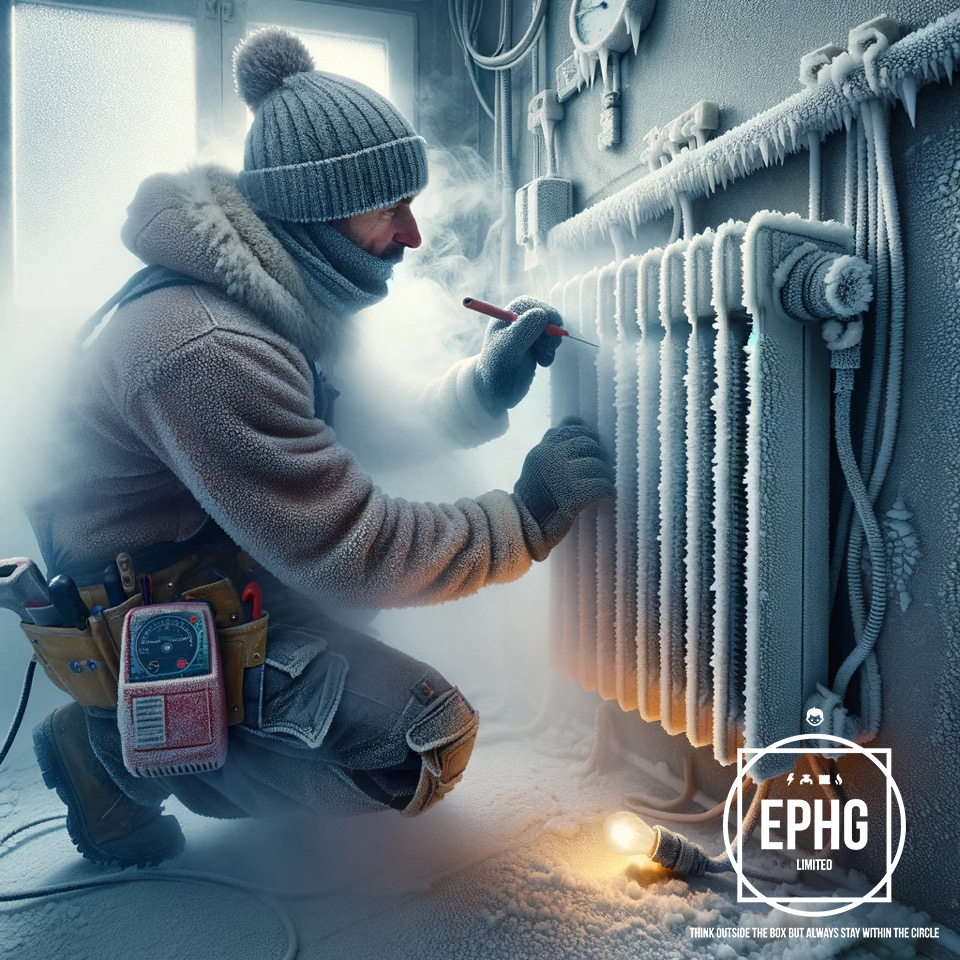
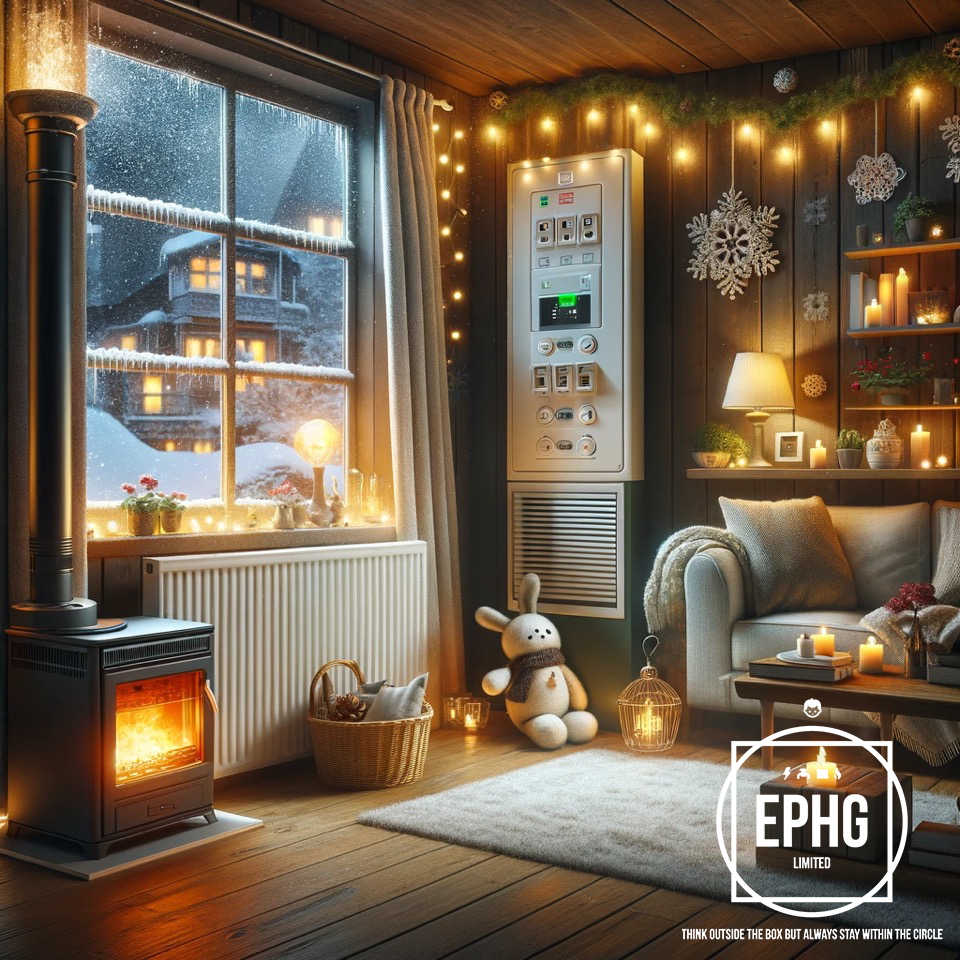
Understanding the Surge in Emergency Electrician Calls due to Colder Weather
As temperatures plummet, homeowners begin to question the impact of cold weather on their domestic electrical systems. The question, "Can cold weather have an effect on domestic electrical faults?" becomes particularly pertinent. The short answer is yes; cold weather can indeed influence the occurrence of electrical faults in homes. This article delves into why this happens and why emergency electricians find themselves busier during the colder months.
The Impact of Cold Weather on Electrical Systems
Cold weather can significantly impact domestic electrical systems in several ways. First, it can cause materials to contract. Metals, used extensively in electrical components, contract in cold temperatures. This contraction can lead to loose electrical connections or breaks in circuits, potentially causing faults or even fires if left unchecked.
Additionally, the increased demand for heating during cold weather puts additional strain on electrical systems. Heating systems, electric blankets, and space heaters are used more frequently and for longer durations, increasing the load on the home's electrical infrastructure. This can lead to overloaded circuits, tripped breakers, and in some cases, electrical fires.
Moisture is another factor to consider. Winter weather often brings an increase in moisture, which can seep into electrical components and cause short circuits. This is particularly a risk in older homes where insulation and weatherproofing may not be as effective.
When Do Emergency Electricians Get Busier?
Emergency electricians tend to get busier during the colder months, particularly in late fall and throughout winter. This uptick in calls is largely due to the increased incidence of electrical faults caused by the factors mentioned above. The demand for emergency electrical services spikes during and after significant cold spells, when homeowners start experiencing issues such as power outages, malfunctioning heating systems, and overloaded circuits.
The holiday season also contributes to an increased workload for emergency electricians. Decorative lighting and additional cooking appliances used during celebrations can further strain electrical systems, leading to more emergency call-outs.
Preventative Measures
To minimize the risk of cold weather-related electrical faults, homeowners can take several preventative measures. These include:
- Regular Electrical Maintenance: Have a professional electrician conduct a thorough inspection of your home's electrical system, ideally before the onset of cold weather. This can help identify and rectify potential issues, such as loose connections or outdated wiring, before they lead to problems.
- Proper Use of Heating Devices: Avoid overloading circuits with multiple heating devices. If necessary, spread the load across different circuits or consider upgrading your electrical system to handle the increased demand.
- Insulation and Weatherproofing: Ensure that your home is well-insulated and that electrical components are protected from moisture. This can help prevent short circuits caused by moisture ingress.
Conclusion
Cold weather does have an effect on domestic electrical faults, leading to an increased demand for emergency electrician services during the colder months. By understanding the impact of cold weather on electrical systems and taking proactive measures to mitigate these risks, homeowners can help ensure their homes remain safe and warm throughout the winter season.
The surge in emergency electrician call-outs during cold spells underscores the importance of regular maintenance and the careful management of electrical loads during high-demand periods. Stay ahead of the cold by preparing your home's electrical system for winter, and remember that prevention is always better than cure when it comes to electrical safety.
